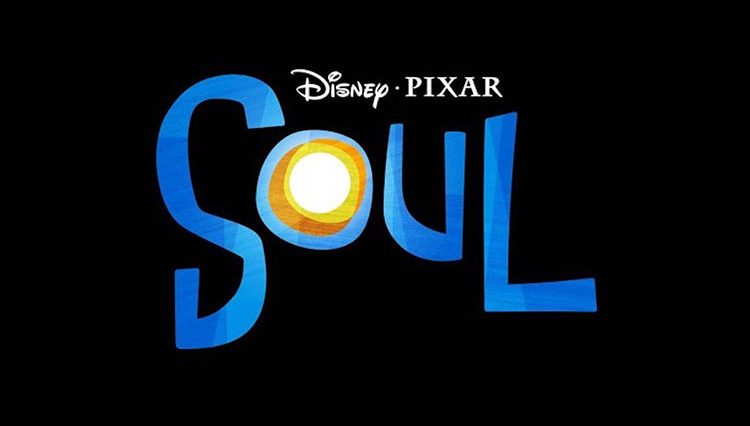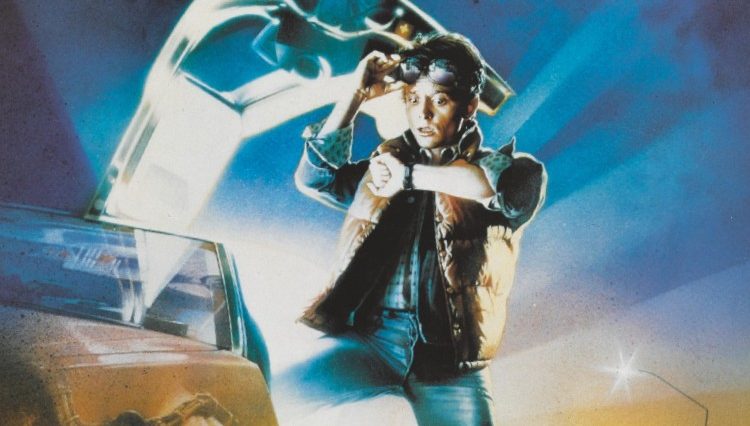
This movie got really terrible reviews. It was called, “tasteless,” “vile,” “grotesque,” you name it. I’m not going to be that cruel. I found The Haunting of Sharon Tate perversely fascinating as an amalgamation of ghost stories locked together in ritual speculation with true crime stories. In recent history, the subject goes back as far as The Sixth Sense and over the last twenty years, ghost stories have made up a good portion of horror movies. I thought of The Others with Nicole Kidman and all those damned Conjuring movies. There’s also the subset of “premonition” movies wherein the focus of the narrative depends largely on an omen or a bad feeling a character has about his or her fate. In this case, it’s a very pregnant Sharon Tate (Hillary Duff) experiencing visions of her own murder.
She receives packages intended for a former tenant, music producer Terry Melcher; one of which is a reel-to-reel tape that (with the help of audio aficionado Steve Parent) she plays and hears backward messages such as “rise” and “helter-skelter.” It’s interesting to me that her anxieties could be chalked up to pre-partum jitters, and that anybody observing her would simply tell her to try and relax. Yet she sees clearly that she and her friends, Abigail, Jay, and Voytek will be slaughtered. The movie starts playing games with the audience, leading us to believe Tate has the ability to change her future. The Haunting of Sharon Tate is only as exploitative as all movies are exploitative. In context, there are no conditions, or rules, or “responsibilities” other than to entertain, and there is an audience for this sort of film. I don’t know if I’m part of that audience. I’ve been fascinated (even obsessed) with the Manson murders ever since I picked up a copy of Vincent Bugliosi’s Helter Skelter book. Sharon Tate was an actress who made a moderately successful career out of selling her beauty and sexuality.

It was argued Tate would’ve become a major star had she not been murdered. I don’t know how true that is. By all accounts, she wanted to settle down, have her baby and possibly live out the rest of her days at Mrs. Roman Polanski. Duff, who is positively dreadful as Tate, certainly plays her that way. The action and dialogue are internalized in a very modern way. There is no pop-cultural context except for some fake (and real) newsreel footage of Tate in her heyday. The bad reviews were, most assuredly, in defense of the real Sharon Tate, but there are some genuinely frightening moments, some jump-scares that work because of what we know about her murder and the murders of her friends and Steven Parent. Quentin Tarantino effectively re-wrote history when he made Once Upon a Time in Hollywood, yet this much smaller, speculative piece of horror fiction was torn to pieces by critics when it was released earlier this year.
The Haunting of Sharon Tate can be seen on Amazon Prime.



